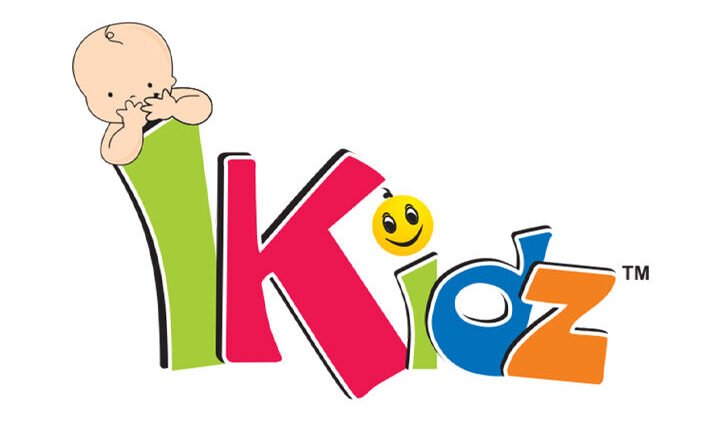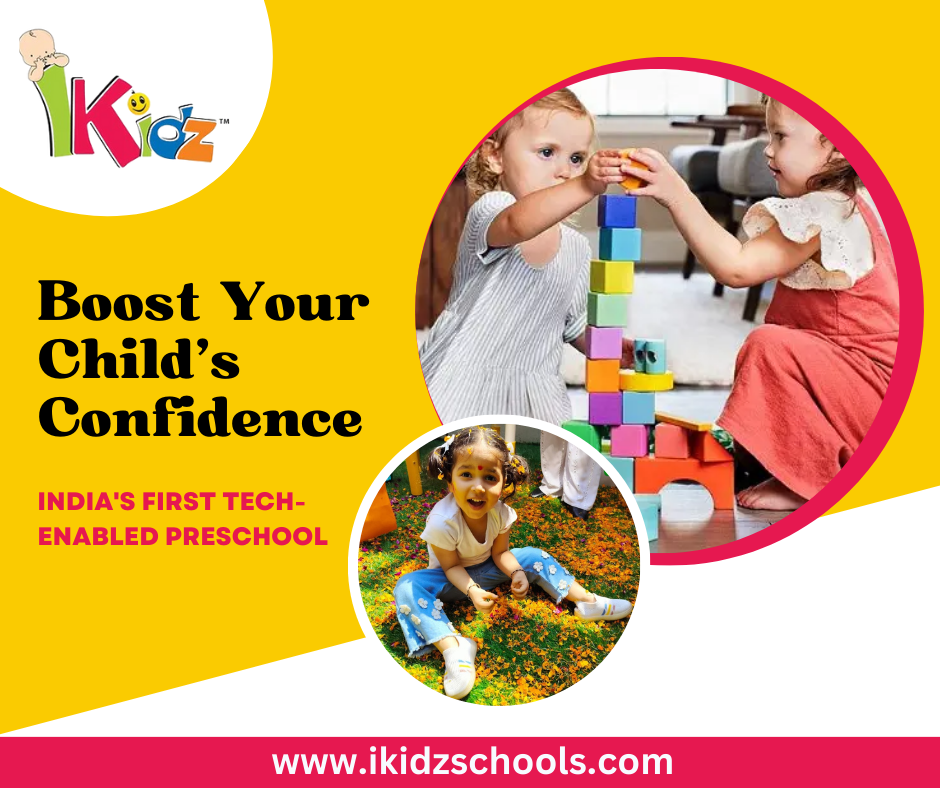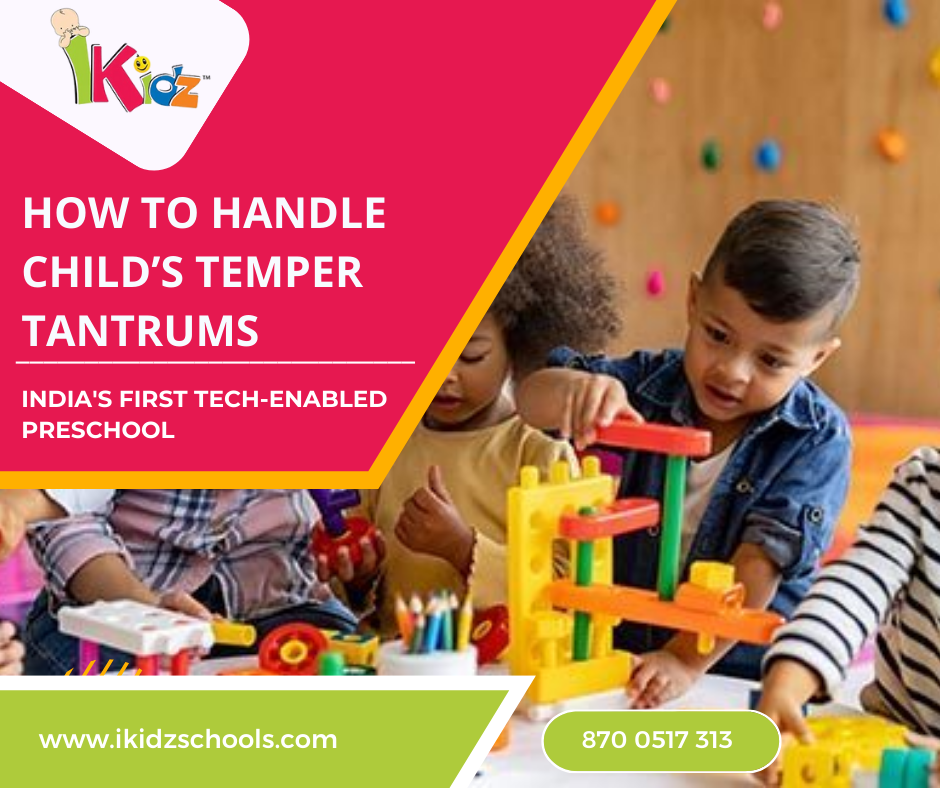Motor skill development is a crucial aspect of early childhood growth that lays the foundation for a child’s physical and cognitive abilities. In this article, we’ll delve into why motor skill development is essential for toddlers and how it influences their overall development.
We’ll explore various aspects of motor skills, including their impact on preschool education, and even touch upon the growing trend of preschools in India. By the end, you’ll understand why nurturing these skills in early childhood is one of the most important things a parent or educator can do.
What Are Motor Skills?
Motor skills are the abilities required to control the small and large muscles of the body. These skills are divided into two categories:
- Fine Motor Skills: These involve small movements, such as picking up small objects, holding a pencil, or buttoning a shirt.
- Gross Motor Skills: These include larger movements, like crawling, running, jumping, or throwing a ball.
Why Are Motor Skills Important?
Motor skills are the building blocks of a child’s physical and mental development. They are crucial for performing everyday tasks and play a significant role in a child’s ability to explore the world. The development of these skills is tied to brain development, social interactions, and academic success.
The Role of Motor Skill Development in Preschool Education
Preschool education is a pivotal stage where children begin to develop their motor skills in a structured environment. Teachers in preschool settings use various activities to enhance these skills, which, in turn, support learning in other areas.
Fine Motor Skills in Preschool
In preschool, children are often engaged in activities like coloring, cutting with scissors, and building with blocks. These activities might seem simple, but they are essential for developing fine motor skills.
Example: In a preschool in India, children might be asked to create a Rangoli pattern using colored sand. This activity not only teaches them about cultural traditions but also enhances their fine motor skills as they carefully place each grain of sand.
Gross Motor Skills in Preschool
Gross motor skills are developed through activities that require balance, coordination, and strength. In preschool, these could include running, jumping, or navigating obstacle courses.
Example: Many preschool in India have introduced yoga into their curriculum. Yoga helps improve gross motor skills by encouraging balance and flexibility. It also supports mental well-being, making it a holistic approach to early childhood development.
The Importance of Structured Play
Structured play is a key component of preschool education that encourages motor skill development. It combines learning with fun, allowing children to develop their skills in an enjoyable way.
Benefits of Structured Play in Preschool
| Aspect | Benefit |
|---|---|
| Physical Development | Enhances coordination, strength, and balance |
| Cognitive Development | Improves problem-solving and critical thinking |
| Social Development | Encourages cooperation, sharing, and communication |
How Parents Can Support Motor Skill Development at Home
While preschools provide a structured environment, parents play an equally important role in motor skill development. There are numerous ways to support this development at home, even with simple everyday activities.
Encouraging Fine Motor Skills at Home
Parents can encourage fine motor skill development by involving their toddlers in activities that require hand-eye coordination and precise movements.
Examples:
- Puzzles: Help improve problem-solving skills and fine motor control.
- Beading: Stringing beads together enhances hand-eye coordination.
- Drawing: Encourages creativity while strengthening hand muscles.
Encouraging Gross Motor Skills at Home
Gross motor skills can be developed through activities that involve larger muscle groups. Parents don’t need fancy equipment; even a trip to the park can provide excellent opportunities for development.
Examples:
- Playing Ball: Throwing, catching, or kicking a ball helps with coordination.
- Dancing: A fun way to improve balance and rhythm.
- Climbing: Whether it’s on playground equipment or stairs, climbing strengthens muscles and improves coordination.
Balanced Opinion: While it’s crucial to encourage motor skill development, it’s also important not to push children too hard. Each child develops at their own pace, and the goal should always be to make learning fun and stress-free.
The Growing Trend of Preschools in India
In India, the importance of early childhood education is gaining recognition. More parents are enrolling their toddlers in preschools to ensure they receive the best start in life. This trend highlights a shift in understanding the importance of early education, including motor skill development.
Why Motor Skills Matter in Indian Preschools
Indian preschools are increasingly incorporating activities that promote motor skill development into their curricula. From traditional games like “Kho Kho” and “Kabaddi” to modern activities like dance and gymnastics, these institutions are providing children with a balanced approach to physical and mental development.
Real-Life Example: A preschool in Mumbai has introduced pottery classes for toddlers. This activity not only connects children with Indian culture but also helps them develop fine motor skills as they shape and mold the clay.
The Role of Parents in Indian Preschool Education
Indian parents are becoming more involved in their children’s early education. They recognize that preschools are not just about academics but also about developing life skills, including motor skills.
How Indian Parents Can Support Motor Skill Development
- Engage in Traditional Games: Encourage children to play games that require physical activity.
- Participate in School Activities: Join in school-organized events that promote physical skills.
- Create a Learning Environment at Home: Provide opportunities for children to engage in activities that develop both fine and gross motor skills.
The Long-Term Benefits of Motor Skill Development
Motor skill development in toddlers has long-term benefits that extend well into adulthood. Children who develop strong motor skills are often better equipped to handle the physical demands of daily life and are more likely to lead active, healthy lifestyles.
Academic Success
Research has shown that there is a strong correlation between motor skills and academic performance. Children with well-developed motor skills are often better at tasks that require concentration and coordination, such as writing.
Social Skills
Motor skill development also plays a role in socialization. Children who are physically active are more likely to participate in group activities, which helps them develop social skills like cooperation and communication.
Example: A child who is confident in their physical abilities is more likely to join in a game of tag with other children, thereby improving their social interactions.
Emotional Well-being
Physical activity, which is closely tied to motor skill development, has been linked to better emotional health. Toddlers who engage in regular physical activity tend to have better mood regulation and lower levels of anxiety.
Balanced Opinion: While the benefits of motor skill development are clear, it’s important to approach it holistically. Physical, cognitive, and emotional development are all interconnected, and a balanced approach is key to a child’s overall well-being.
Conclusion: The Critical Role of Motor Skill Development in Early Childhood
Motor skill development is not just about learning to move; it’s about learning to live. From enhancing cognitive abilities to improving social skills and emotional well-being, the impact of motor skill development on a toddler’s life is profound.



